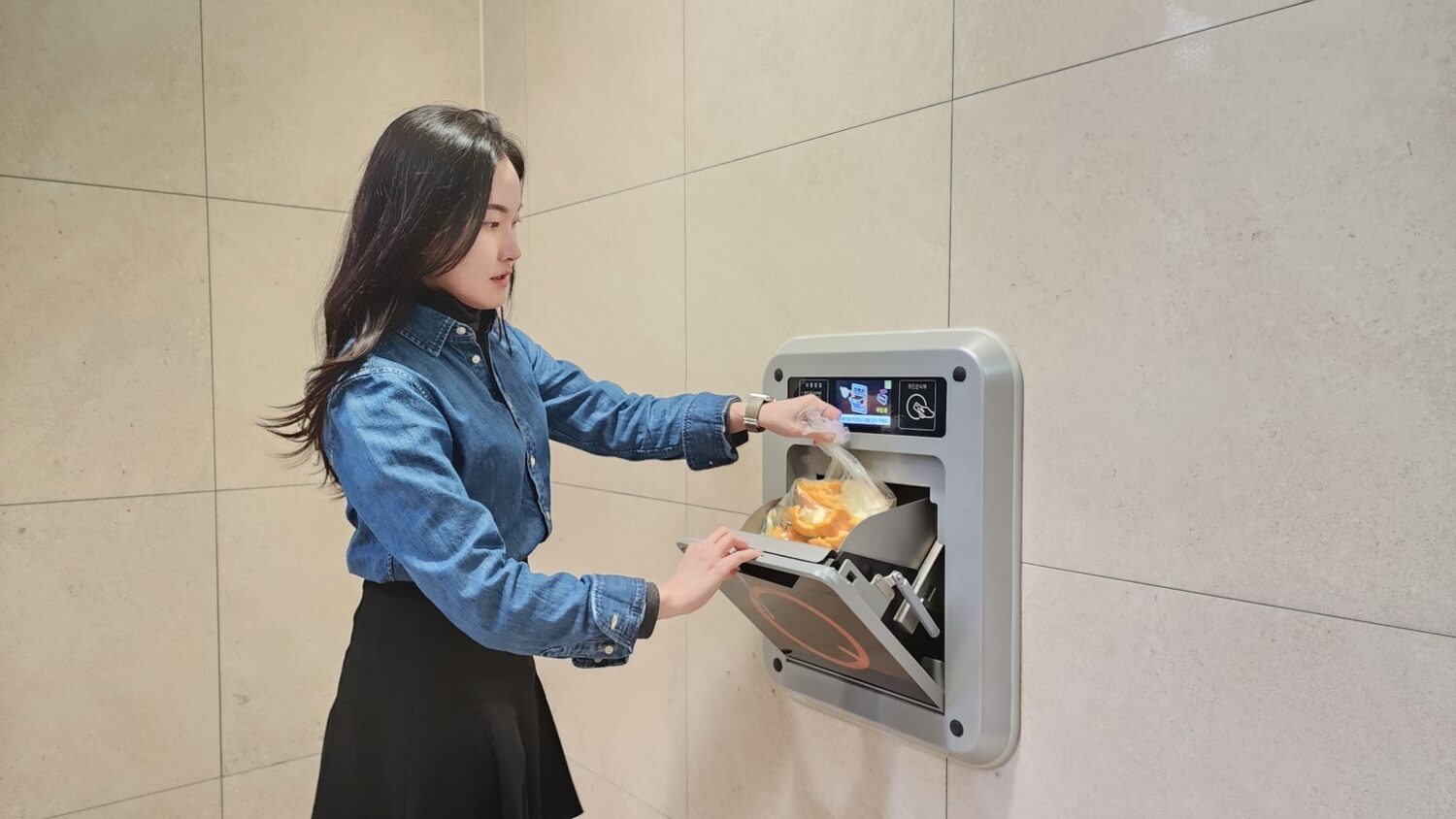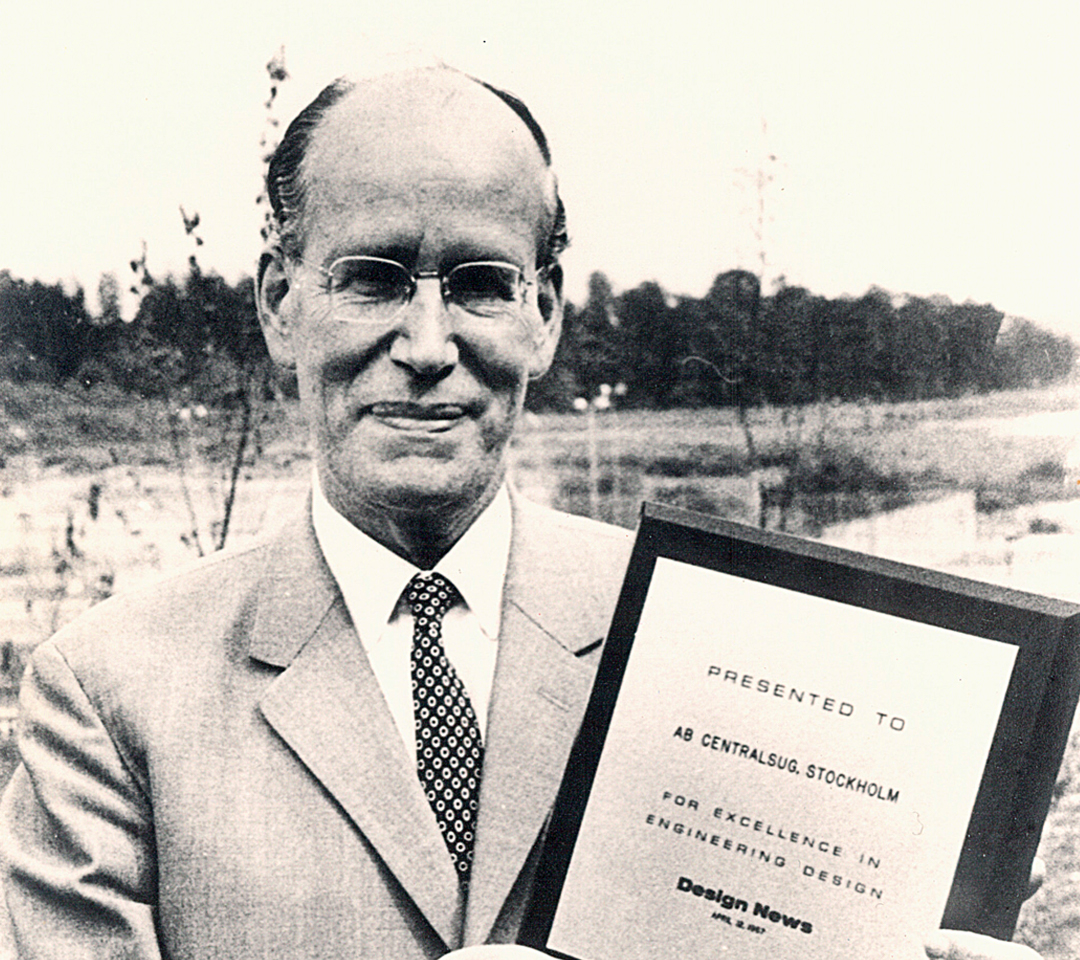Insights
Smart City,Sustainability
Tackling food waste: South Korea’s success story
South Korea’s food waste policy is an excellent example of how effective government action can help to address a considerable environmental problem. By continuing to invest in new technologies and policies, the country can build on its success and reduce food waste in the coming years.

Recent reports indicate that food waste remains a significant global issue, with millions of tons of food wasted annually. According to the UNEP FOOD WASTE INDEX REPORT 2024, as much as 158 million tonnes of edible food was wasted in households in 2022. In reality, it is likely to be much more than that, perhaps even double. The results indicate that 1.05 billion tonnes of food were wasted across the three sectors (household, food service and retail) considered in this report in 2022, equal to 132 kg per capita per year. Around 60% of this waste comes from households, 28% from food service, and 12% from retail.
GLOBAL AVERAGE (KG/CAPITA/YEAR)
– UN FOOD INDEX REPORT 2022
Household 79 kgs
Food service 36 kgs
Retail 17 kgs
South Korea’s Successful Efforts to Tackle Food Waste: A Model for Other Countries to Follow
South Korea has made significant progress in tackling its food waste problem in recent years. In 2013, the country introduced a mandatory food waste recycling program, which requires households to separate their food waste from other types of garbage and dispose of it in designated bins. The waste is then collected and processed into biomass, compost or animal feed.
The policy has effectively reduced the amount of food waste generated in the country. According to government data, the amount of food waste produced in South Korea fell by around 10% between 2013 and 2019. This has not only helped to reduce environmental pollution but also saved the country a significant amount of money that would have been spent on waste disposal. In addition to the mandatory recycling program, South Korea has introduced other policies to reduce food waste. For example, restaurants must charge customers for any uneaten food left on their plates to encourage people only to order what they can eat.
Looking to the future, South Korea has set an ambitious target to reduce its food waste by 50% by 2030. The government plans to invest in new technologies and infrastructure to help process food waste more efficiently. It also plans to work with businesses and consumers to raise awareness about the importance of reducing food waste and develop new policies to help achieve this goal. Overall, South Korea’s food waste policy is an excellent example of how effective government action can help to address a considerable environmental problem. By continuing to invest in new technologies and policies, the country can build on its success and reduce food waste in the coming years.
PAY AS YOU THROW
South Korea has implemented a “pay as you throw” policy to address the growing issue of food waste. This policy and various measures ensure that almost 90% of discarded food is kept out of landfills and incinerators. Under this policy, household food waste is weighed using sensors in the AWCS inlet and disposed of based on the weight measured in kilograms. If a person accidentally disposes of plastic bags, the recycling plant’s equipment sorts them out. People buy and use separate bags, commonly a 20-litre bag, for general waste. The local government sets the cost of the waste bags, which varies depending on the region. The policy encourages households to reduce food waste by making them more aware of the price and environmental impact of throwing away excess food. The information is processed on an individual/household basis, as the inlet is operated using the RFID issued by the building management. In addition to the financial incentive, the government has introduced various education and awareness programs to promote better food management practices. This initiative is in cooperation with the Ministry of Environment, Korea.
Read more about PAY AS YOU THOW
Behaviour change and environmental impact
- Under this policy, residents are charged for the amount of trash they generate, and the more waste they produce, the more they have to pay. This has led to a significant change in behaviour among South Koreans, who are now more conscious about their waste disposal habits.
- The PAYT policy has positively impacted the environment by reducing the amount of waste that ends up in landfills. Residents have become more aware of the amount of waste they generate, and many have started to recycle more.
- The policy has also led to developing a recycling industry in South Korea. As more people have started to recycle, businesses have emerged to collect and process recyclable materials.
- Food waste is effectively utilised to produce biomass, animal feed, or compost instead of discarded as mere waste.
Envac’s AWCS supporting Seoul’s vision
- Weighing sensors installed in food waste inlets linked to individual/household RFID to reduce the amount of food waste.
- Real-time control and monitoring of waste collection through EAP is possible from a central location.
- Using inlets eliminates the possibility of overflowing waste, as seen in traditional waste collection systems.
- Waste is temporarily stored at the valve until a level sensor or a timed sequence controlled by EAP activates a collection cycle, optimising energy usage.
- User friendly, resilient system with long life cycle.
Households across the globe generate around 79 kg or more of food waste per person. Compared to this, South Korea has successfully reduced food waste through its “pay as you throw” policy. On average, households in South Korea generate only 33 kg of food waste per person per year. This number drops to 25 kg approx. when a food waste drying machine is installed.
| Households | Inhabitants | Total food waste generated (in kgs) | Food waste generated (in kgs, per capita per year) | |
|---|---|---|---|---|
| Xi project in Seoul | 1772 | 5316 | 202260 | 38 |
| Raemian Riocent | 475 | 1425 | 67355 | 47 |
| Bangbae project in Seoul | 758 | 2274 | 27759** | 12,2 |

SMART CITY
collecting data and optimising the network of solution to improve sustainable urban planning
Sources
“South Korea’s War on Food Waste” by BBC News: https://www.bbc.com/news/worldasia-44173237
“South Korea’s food waste reduction policies and their effects” by The Korea Herald: http://www.koreaherald.com/view.php?ud=20191223000876
“South Korea’s Food Waste Reduction Policies” by World Resource Institute: https://www.wri.
org/our-work/project/food-waste-reduction/ south-koreas-food-waste-reduction-policies
“South Korea’s Food Waste Policy: How It Works and What We Can Learn From It” by The
Diplomat: https://thediplomat.com/2019/07/south-koreas-food-waste-policy-how-it-worksand-
what-we-can-learn-from-it/
UNEP Food Waste Index Report 2024 – Launch Event





